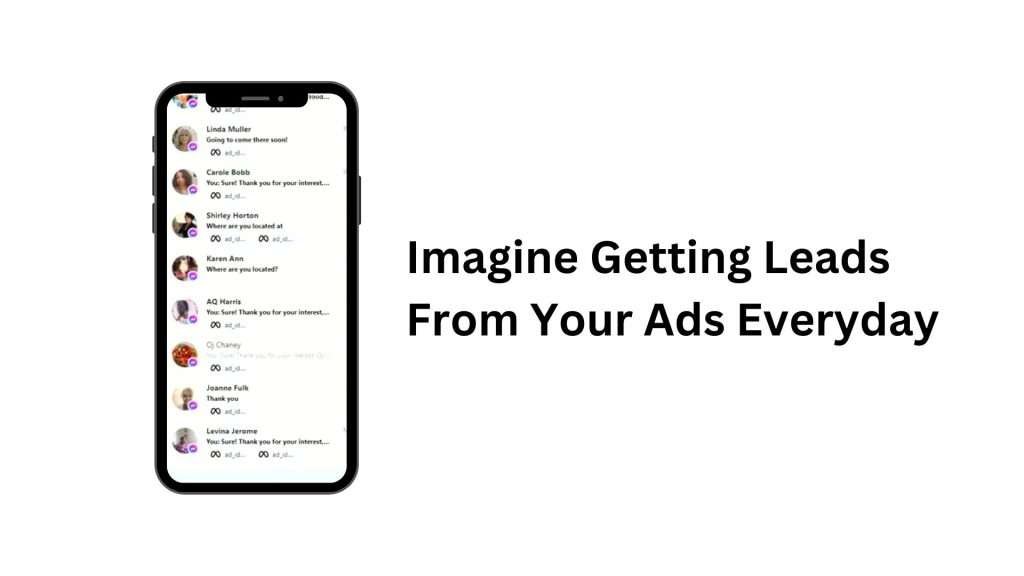Short Answer:
Digital marketing has many benefits, including:
Increased engagement: Users can engage with your website by sharing a blog article, liking a photo, saving a video, or clicking on a paid ad
Brand awareness: Online ads can increase brand awareness by up to 80%.
Measurable results: Digital marketing provides measurable results that allow businesses to track the effectiveness of their campaigns.
Improved customer engagement: Digital marketing allows businesses to interact with clients on a more individual level.
Increased ROI: Digital marketing can give you a high return on investment.
Higher conversion rates: Digital marketing allows you to target potential customers more efficiently.
Cost effective and targeted: Digital marketing is a cost-effective way to reach a targeted audience.
Global reach: Digital marketing allows companies to target a vast audience and expand their customer base.
Long Answer
Digital marketing has revolutionized the way businesses connect with their target audience. It offers a myriad of benefits that can significantly impact your bottom line. Let’s delve into the top 14 advantages of digital marketing:

1. Global Reach
- Expand Your Market: Digital marketing allows you to reach a global audience, transcending geographical boundaries.
- Target International Customers: By leveraging SEO, social media, and paid advertising, you can connect with customers worldwide.
2. Cost-Effective Marketing
- Budget-Friendly Strategies: Many digital marketing tactics, such as SEO, content marketing, and social media, are relatively affordable.
- Precise Targeting: You can focus your efforts on specific demographics, interests, and behaviors, maximizing your ROI.
3. Measurable Results
- Track Performance: Digital marketing tools provide detailed analytics, allowing you to measure the success of your campaigns.
- Data-Driven Decisions: Use insights to optimize your strategies and allocate resources effectively.
4. Enhanced Brand Awareness
- Increased Visibility: Digital marketing helps you build brand recognition and authority.
- Consistent Branding: Maintain a consistent brand message across all digital channels.
5. Targeted Audience Engagement
- Personalized Marketing: Tailor your content and messaging to resonate with specific audience segments.
- Interactive Communication: Encourage two-way communication through social media and email marketing.
6. Improved Customer Experience
- Seamless Interactions: Provide excellent customer service through online chat, email, and social media.
- Personalized Recommendations: Use data to offer relevant products and services.
7. Increased Conversions
- Optimized Landing Pages: Create high-converting landing pages to capture leads and drive sales.
- Effective Call-to-Actions: Encourage visitors to take desired actions, such as making a purchase or signing up for a newsletter.
8. 24/7 Accessibility
- Always-On Marketing: Your online presence is available 24/7, allowing customers to engage at their convenience.
- Quick Response Times: Address customer inquiries and concerns promptly.
9. Strong Brand Loyalty
- Build Trust: Foster trust and loyalty through consistent, high-quality content and excellent customer service.
- Community Building: Create a loyal community around your brand through social media and online forums.
10. Data-Driven Decision Making
- Informed Strategies: Use data to make informed decisions about your marketing efforts.
- Predictive Analytics: Anticipate future trends and customer behavior.
11. Flexibility and Adaptability
- Quick Adjustments: Quickly adapt to changing market conditions and consumer preferences.
- Agile Marketing: Test and iterate on your strategies to optimize results.
12. Competitive Advantage
- Stay Ahead of the Curve: Leverage digital marketing to differentiate your business from competitors.
- Innovative Marketing Tactics: Experiment with new technologies and trends to gain a competitive edge.
13. Strong Online Presence
- Search Engine Optimization (SEO): Improve your website’s visibility in search engine results.
- Social Media Marketing: Engage with your audience on social media platforms.
14. Cost-Effective Lead Generation
- Targeted Campaigns: Use digital marketing to attract high-quality leads.
- Nurture Leads: Build relationships with potential customers through email marketing and content marketing.
Incorporating SEO Best Practices:
- Keyword Optimization: Use relevant keywords throughout your content to improve search engine rankings.
- High-Quality Content: Create valuable, informative, and engaging content.
- Backlinks: Build high-quality backlinks to your website to increase its authority.
- Mobile Optimization: Ensure your website is mobile-friendly.
- Page Speed: Optimize your website’s loading speed for better user experience.
- Meta Descriptions and Title Tags: Write compelling meta descriptions and title tags for each page.
- Image Optimization: Optimize images with relevant keywords and alt text.
- Local SEO: Optimize your website for local search if you have a physical location.
By leveraging the power of digital marketing and implementing effective SEO strategies, you can achieve significant growth and success for your business.

